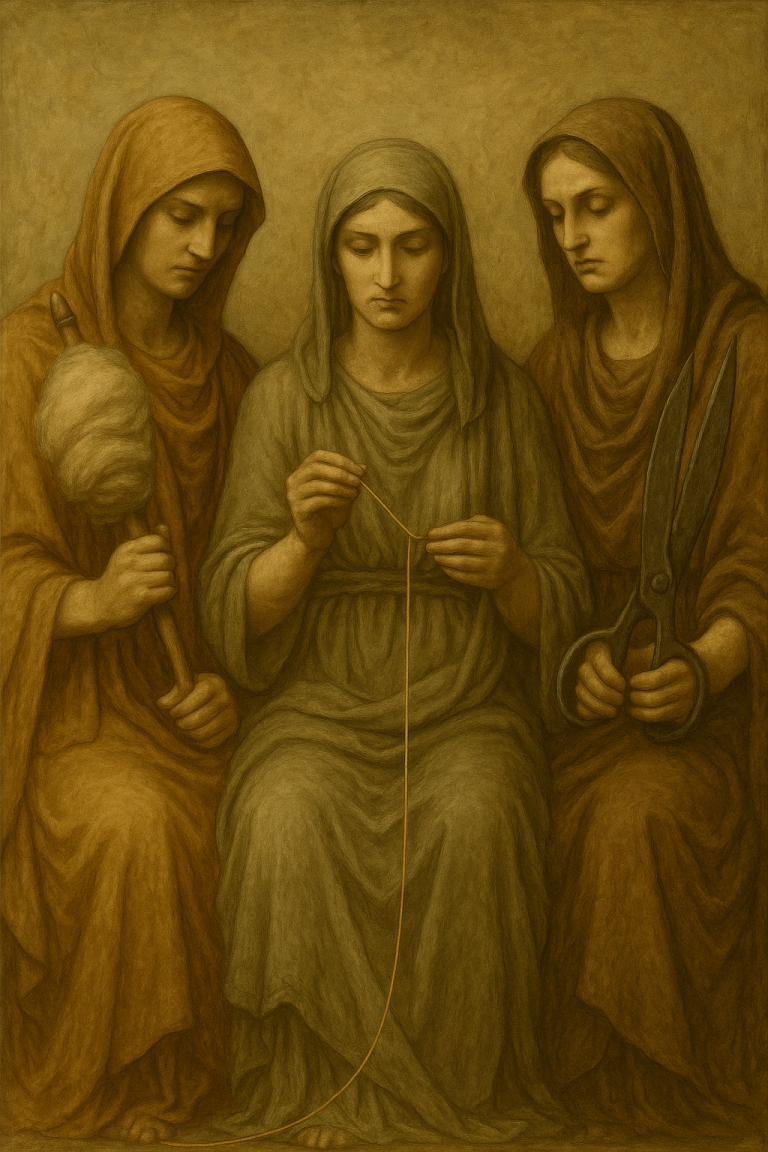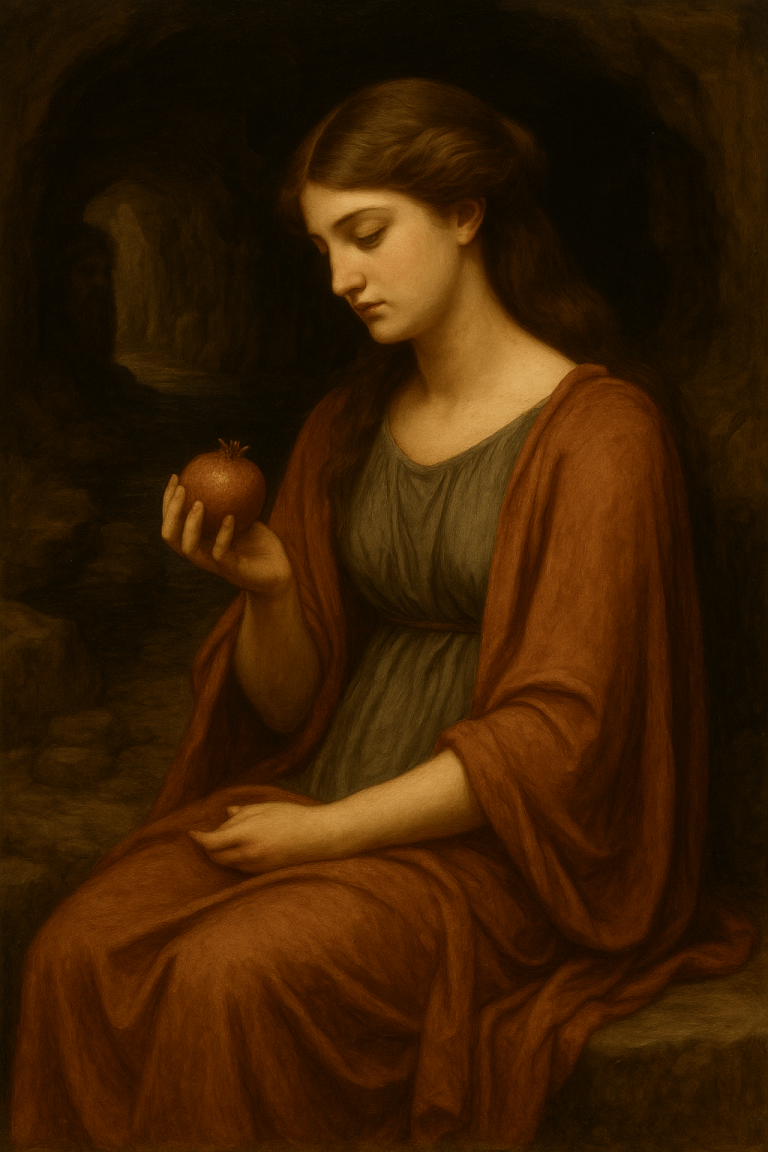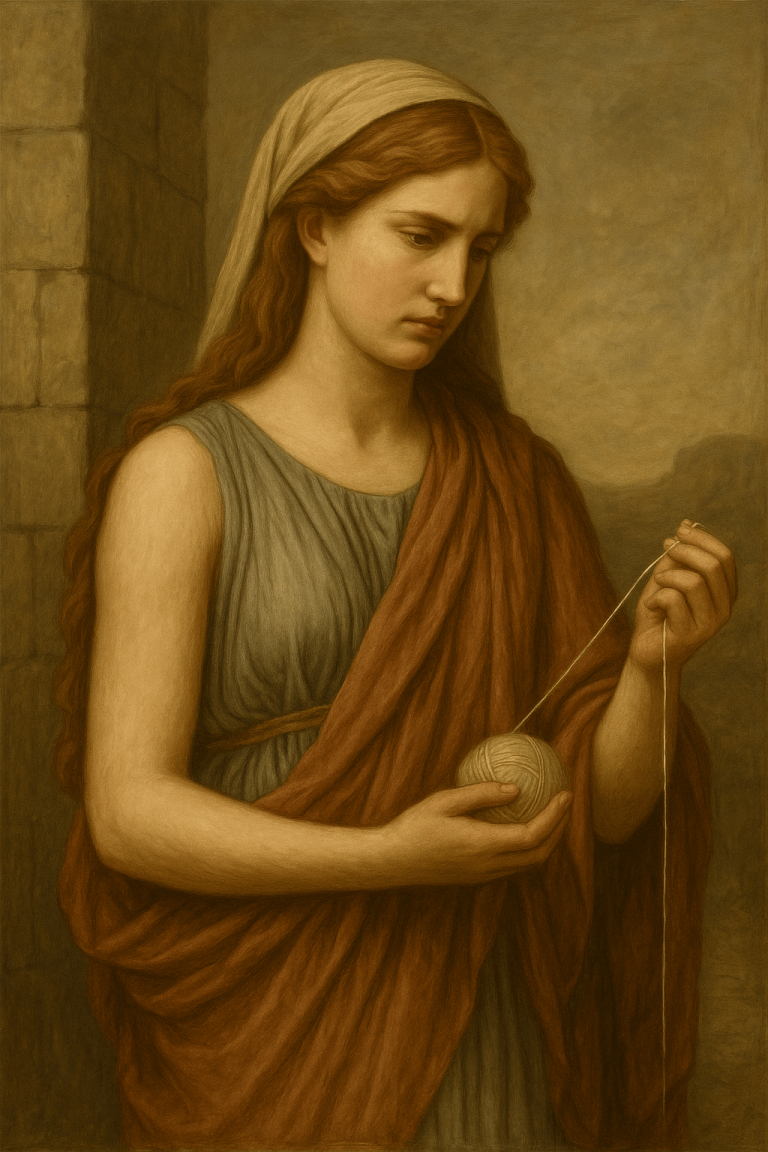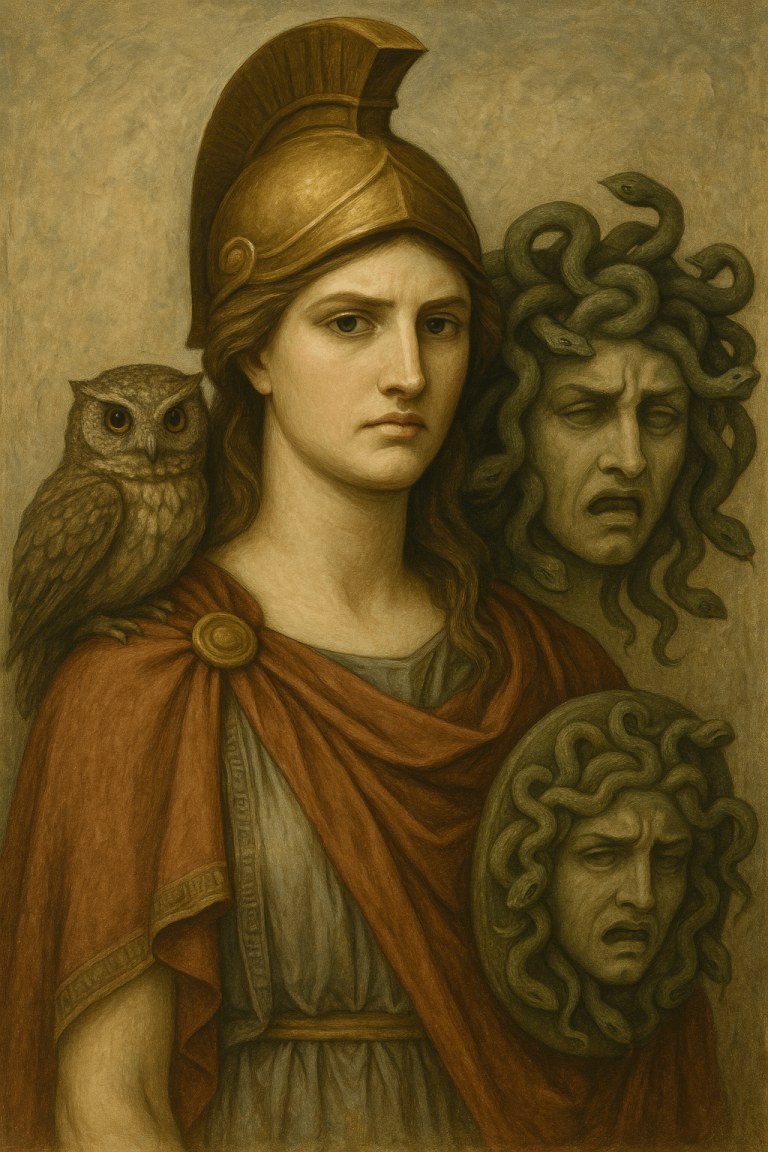
Athena: The Goddess of Wisdom or the Enforcer of Silence?
Athena: The Goddess of Wisdom or the Enforcer of Silence?
By Medusa’s Musings
When we think of Athena, goddess of wisdom, we often picture her draped in silver armor, an owl perched nearby, calmly guiding heroes like Odysseus through perilous quests. She represents clarity, intellect, and strategy — a divine embodiment of reason.
But what happens when wisdom is used not to protect, but to punish? What if silence, not justice, becomes the strategy?
This question has haunted me ever since I revisited the myth of Medusa — not just the version where she’s a monster to be slain, but the version where she’s a victim transformed into a monster by the very goddess meant to defend virtue.
The Story They Don’t Tell
In Ovid’s Metamorphoses, Medusa is not born a monster. She’s a beautiful young woman — mortal, devoted, and serving as a priestess in Athena’s temple. When Poseidon assaults her within that sacred space, the response from Athena isn’t protection. It’s punishment.
Athena turns Medusa into a Gorgon — a creature with snakes for hair and a gaze that turns people to stone. The horror isn’t just the transformation itself; it’s the silence that surrounds it. There is no outcry from the heavens. No rebuke of Poseidon. Just divine wrath redirected toward the one who was harmed.
The Strategy of Silence
This story — mythical though it is — echoes loudly in the real world. How often are women punished for their trauma? How often is justice twisted into shame, and wisdom into silence?
Athena’s decision wasn’t just a divine judgment. It was a message: “You are the problem. You will carry the curse.” And yet, that silence has survived centuries — taught in classrooms, whispered in footnotes, brushed aside in favor of tales of heroism and glory.
But myth is never just a story. It’s a mirror.
Reclaiming Athena
It’s tempting to villainize Athena. But maybe that’s too easy. Maybe Athena represents something more complicated: the system that chooses image over empathy. The logic that says protecting institutions matters more than protecting individuals. The fear that strength must never admit vulnerability.
In this light, Athena becomes not the villain — but the embodiment of a system that fails women over and over again.
But maybe Athena also offers a different kind of wisdom. One that comes not from strategy, but from reflection. Maybe it’s time we reimagine her — not as a goddess who enforces silence, but one who finally breaks it.
Final Thoughts
Myths evolve. And so should how we tell them. The story of Athena and Medusa isn’t just about gods and monsters — it’s about justice, power, and how we respond to pain.
Athena’s wisdom is revered. But wisdom without compassion? That’s just calculation.
Maybe true wisdom is learning to listen — to rage, to grief, to the stories hidden in silence.
Because sometimes, the most courageous act of all…
is believing the woman turned to stone.





